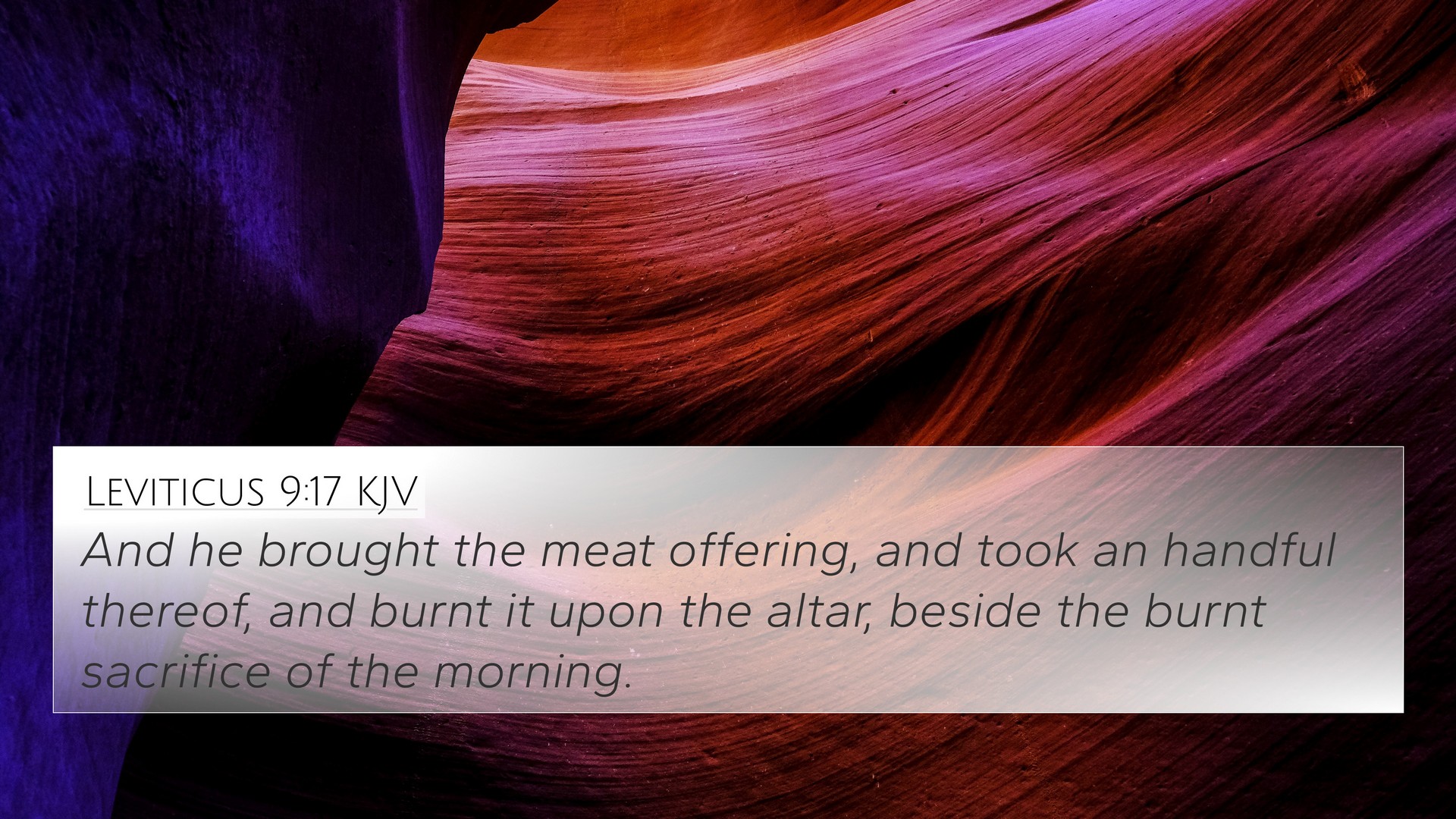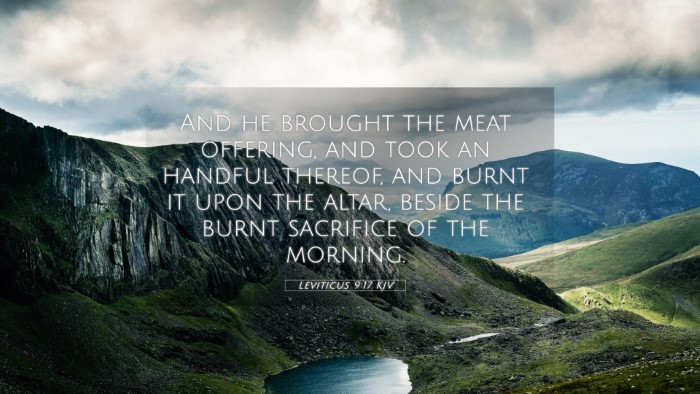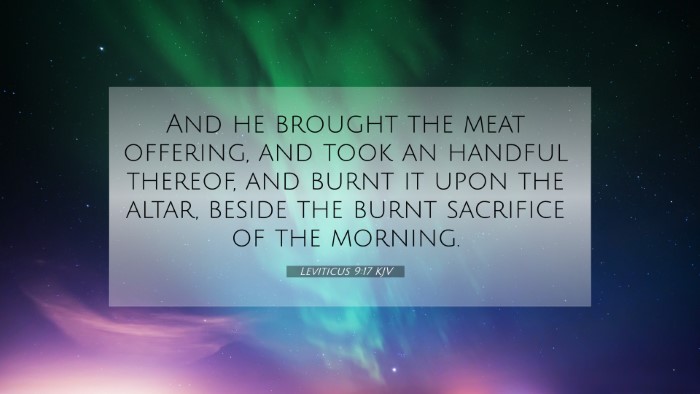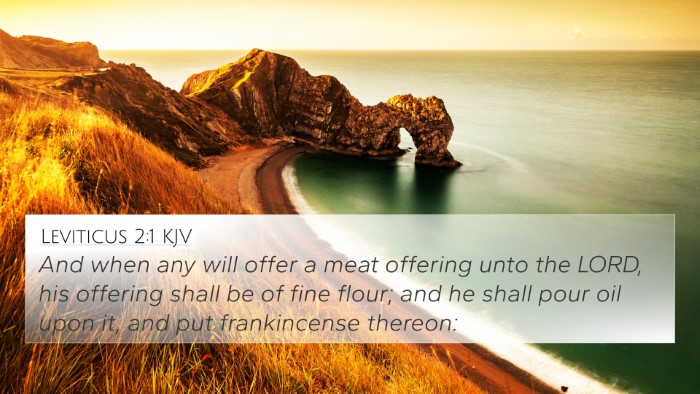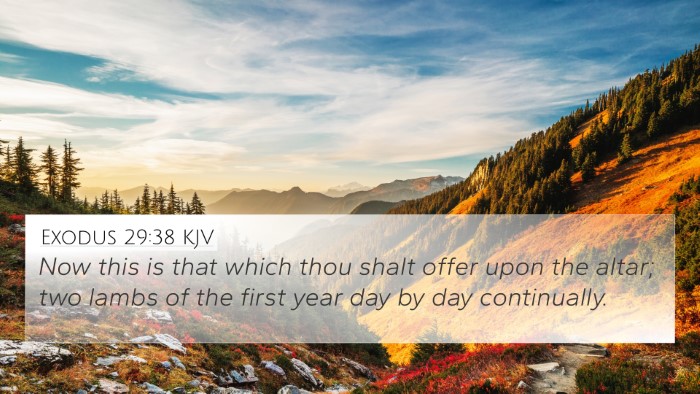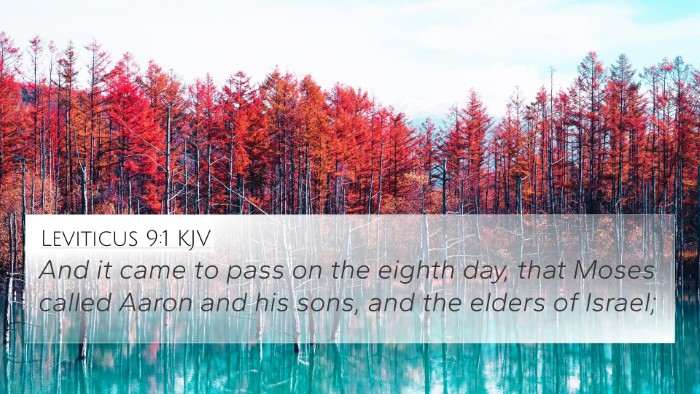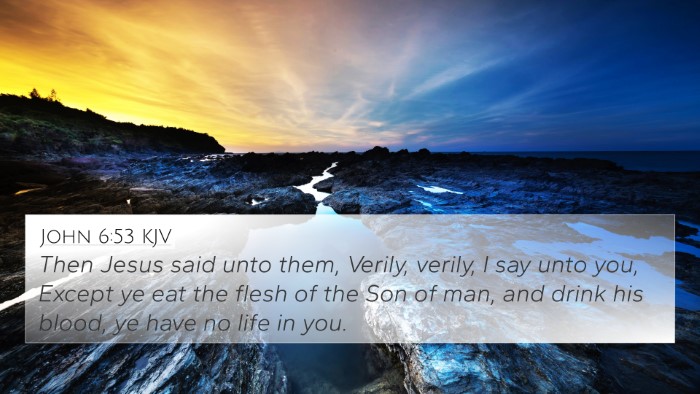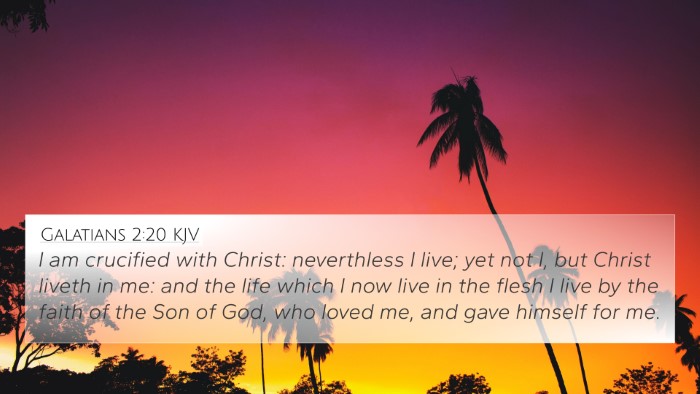Understanding Leviticus 9:17
Leviticus 9:17 states: "And he brought the meat offering and took an handful thereof, and burned it upon the altar, beside the burnt sacrifice of the morning." This verse is situated within the context of the sacrificial system established for Israel, specifically focusing on the offerings made by Aaron, the high priest.
Summary of Commentary Insights
This verse emphasizes the significance of meat offerings and their role within the sacrificial rituals prescribed in Leviticus. The following are key themes derived from public domain commentaries:
-
Purpose of Meat Offerings:
Matthew Henry posits that the meat offering, often misunderstood as a grain offering, serves to express gratitude toward God for His blessings. In a broader sense, it symbolizes the acknowledgment of God’s goodness and the commitment of the giver.
-
Role of the High Priest:
Both Albert Barnes and Adam Clarke highlight the high priest’s mediatorial role during these offerings. The act of burning a portion of the offering on the altar signifies consecration and the desire for divine acceptance.
-
Symbolism of Fire:
The fire used in the offerings represents God’s presence and acceptance. It is a common Biblical theme that signifies purification and consecration, pointing to the holiness required in approaching God.
-
Comparison with Other Offerings:
In comparative Bible verse analysis, one may observe similar rituals in Exodus 29:38-42 and Numbers 28:1-8, where offerings are detailed as part of God’s covenant with Israel, illustrating a consistent theme of worship.
-
Morning and Evening Sacrifices:
This verse also connects to the larger framework of morning and evening sacrifices outlined throughout the Pentateuch, denoting a structured approach to worship that indicates the necessity of continual devotion to God.
Thematic Connections with Other Scriptures
Leviticus 9:17 can be linked to several other Bible verses that enrich our understanding of its significance:
- Exodus 29:38-42: Details the continual burnt offerings, helping us understand the regularity and importance of sacrificial practices.
- Numbers 28:1-8: Provides instructions on offerings, emphasizing the symbolic connection of these sacrifices in worship.
- Hebrews 10:1-4: Discusses the futility of Old Testament sacrifices, contrasting them against the ultimate sacrifice of Christ.
- Psalm 51:17: "The sacrifices of God are a broken spirit; a broken and contrite heart, O God, you will not despise," revealing the internal aspect of offerings.
- Romans 12:1: Offers a New Testament perspective on sacrifices, urging believers to present their bodies as living sacrifices, holy and pleasing to God.
- 1 Peter 2:5: Describes believers as living stones, being built up into a spiritual house to offer spiritual sacrifices acceptable to God.
- Leviticus 2:1-16: More details on grain offerings, complementing the understanding of the offerings' variety and purpose within worship.
Cross-Referencing Biblical Texts
Understanding Leviticus 9:17 in relation to these scriptures offers a broader comprehension of its place in the Biblical narrative. Using tools for Bible cross-referencing, such as a Bible concordance or a cross-reference Bible study guide, one can delve deeper into the themes of gratitude, worship, and divine acceptance.
Conclusion
Leviticus 9:17 serves as a significant verse demonstrating the complexity of Israelite worship, the role of the high priest, and the continual acknowledgment of God’s goodness through offerings. The interconnectedness of various scriptures related to offering practices helps to illuminate the essence of these rituals, enhancing our understanding of worship both in ancient and modern contexts.
